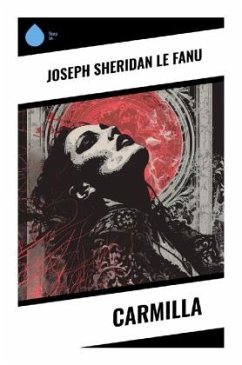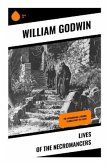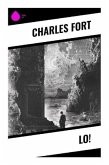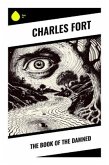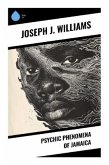Carmilla, penned by Joseph Sheridan Le Fanu in 1872, stands as a cornerstone of Gothic literature and an early exploration of the vampire mythos. Through its atmospheric prose and nuanced character development, Le Fanu crafts a chilling tale of supernatural seduction, centered around the enigmatic female vampire, Carmilla. The narrative, characterized by its first-person perspective and rich, descriptive language, immerses readers in a brooding world where desire and danger intertwine, reflecting Victorian anxieties about sexuality and the exotic other. The novella is notable for its exploration of themes such as female friendship, lesbianism, and the subversion of social norms, all presented with an elegance that retains its grip on readers' imaginations today. Joseph Sheridan Le Fanu, an Irish author, was deeply influenced by the Gothic tradition, as well as folklore and his own rich cultural heritage. His background in law and interests in the supernatural informed his writing, leading him to delve into the dark corners of the human psyche. Le Fanu's fascination with ghost tales and spectral narratives culminated in the creation of Carmilla, which not only foreshadowed later vampire fiction but also revolutionized female representations in the genre, making it a seminal work in literary history. For those intrigued by tales of the macabre, Carmilla offers a haunting exploration of love and terror that is both timeless and provocative. Readers seeking to understand the evolution of vampiric lore and its complex interplay with societal issues will find this novella an essential addition to their literary arsenal. Le Fanu's masterful command of atmosphere and character makes this a compelling read for both Gothic aficionados and contemporary audiences alike.

